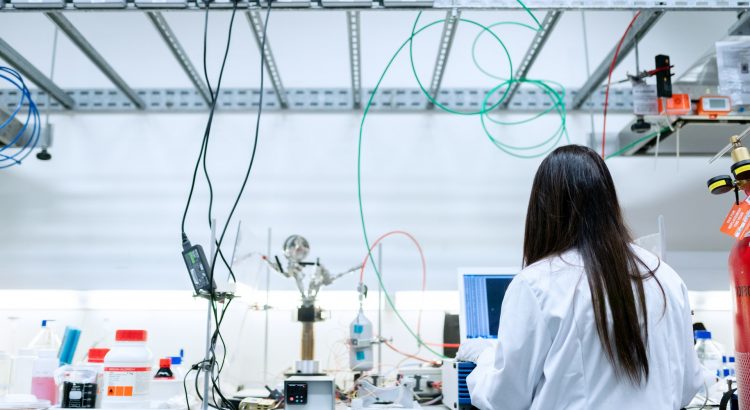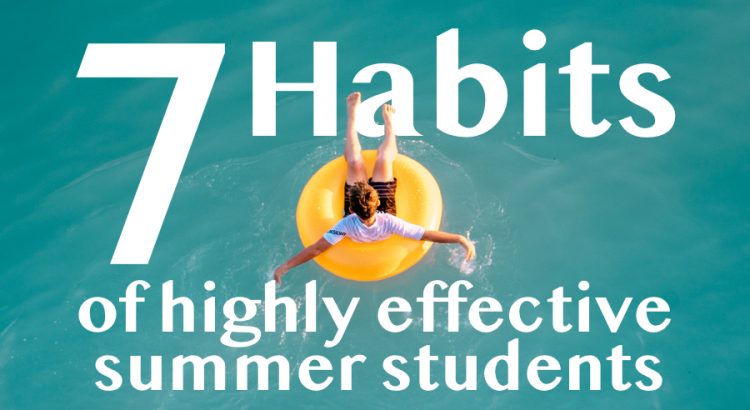Podcast: Play in new window | Download
Subscribe: Spotify | Email | TuneIn | RSS
The day-to-day reality of many graduate programs is that you’ll spend most of your time doing research.
Even if you don’t end up working in a lab or doing experiments forever in your career (and most people don’t!), being able complete experiments is going to help you efficiently progress through your program and eventually GRADUATE. And isn’t that what we all want?
This week, we cover some common pitfalls that suck your time and erode your confidence. We’ve got advice for avoiding those traps and making the most of your time in the lab. Yes, it’s about getting stuff done. But it’s also about getting the RIGHT stuff done in the right way.
Read More



